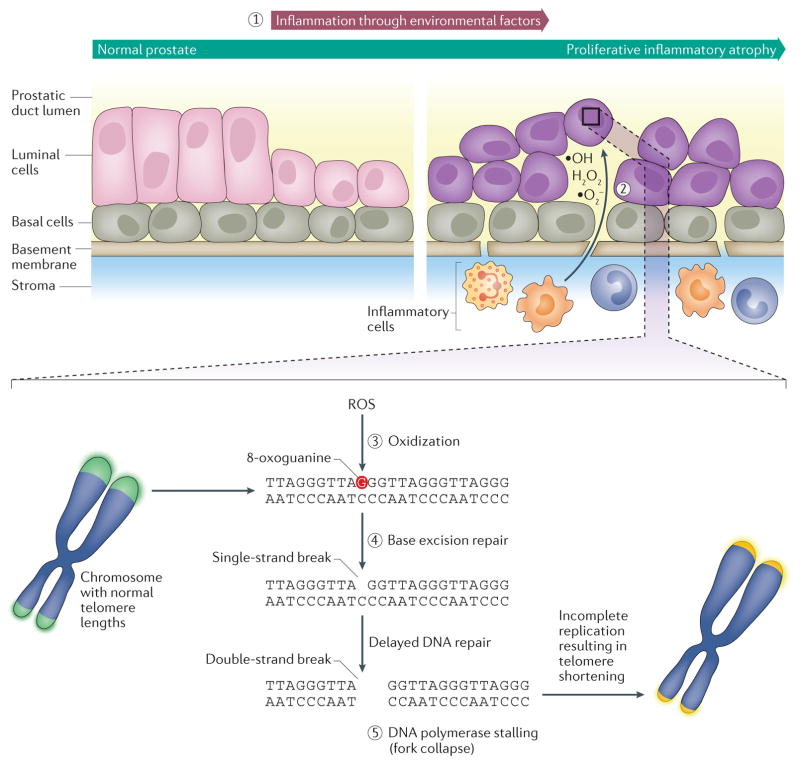Figure 2. Reactive oxygen species as a cause of telomere shortening in prostate tumorigenesis.
Prostatic inflammation is common, can result in the formation of prostatic inflammatory atrophy (PIA), and has been associated with prostate cancer (1). PIA lesions are characterized by an increased proliferation of epithelial cells and contain activated inflammatory cells (predominately lymphocytes and macrophages), which produce reactive oxygen species (ROS), such as ·O2−, H2O2, and ·OH (2). ROS can cause oxidization of guanine to form 8-oxoguanine (3), and incomplete base excision repair of 8-oxoguanine (4) can trigger DNA polymerase replication stalling and replication fork collapse at telomeres (5). Because DNA damage response is repressed at chromosomal ends, resulting in incomplete telomere replication, telomeres are vulnerable to severe and unmitigated telomere erosion.

